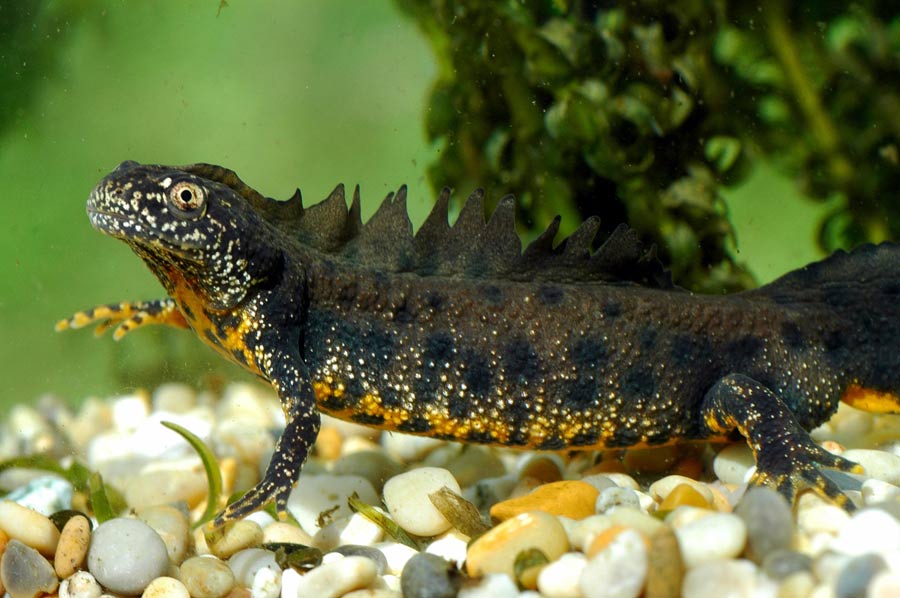
Rural landowners have welcomed the national roll out of a reformed licensing process that will make it easier to develop housing and conserve great crested newts at the same time.
Natural England will implement a new long-term approach across England which conserves habitats for great crested newts as part of the Housing White Paper announced today (7 February).
Landowners and farmers have said this will save developers time and money by removing the need for expensive surveys and individual licences currently required to relocate newts prior to any building taking place.
The CLA which represents landowners, farmers and rural businesses heralded this as a breakthrough in a long-running campaign for a 'new, common sense' approach to development and conservation.
The organisation said the licensing process had been harmful to landowners and farmers seeking to invest in their land and business and committed to make the case to extend this new approach to cover other species such as bats and dormice.
'Much needed boost to development'
CLA President Ross Murray said the licensing process is one of the most cited sources of frustration for people seeking to invest in building homes or business premises in the countryside.
He said: “This reform will provide a much needed boost to development and protect newts at the same time.
“It has the potential to transform the preservation of important species, while at the same time reducing costs and uncertainty for landowners considering development across England. That is why we have argued for common sense reform for so long.
“We welcome the proactive way that Natural England has sought to address this problem and to Ministers for having the confidence to provide the necessary investment to roll this out.
“However, the reform should be extended beyond newts to benefit bats and dormice so that the development of much needed homes across the countryside can be realised without the burden of unnecessary red tape.”
Great crested newts are rare across Europe, although can be locally abundant in the UK. They are protected by law, meaning that disturbance or damage to the newts or their habitat requires a European protected species licence.
Currently, licences are issued on a site-by-site basis. According to Natural England, national implementation of the new approach will benefit newts at population level across the landscape.
